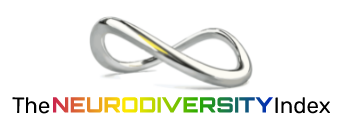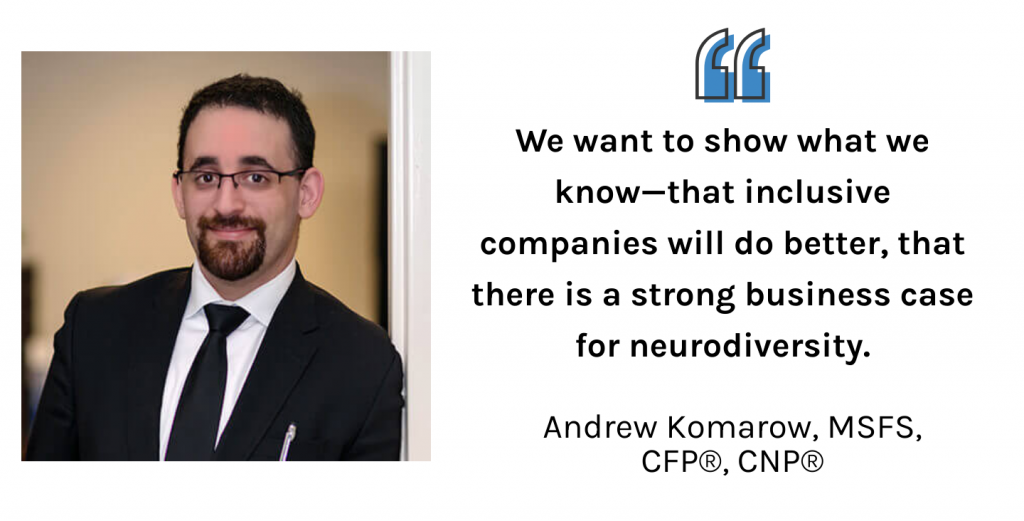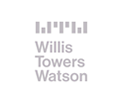
The Neurodiversity Index Encourages Investment in Inclusion
CFP Andrew Komarow on the New, Game-Changing Financial Tool

Note: This post is not financial or investment advice, nor should it be treated as a substitute for the services of a certified financial advisor.
Certified Financial Planner Andrew Komarow brings even the driest topics alive, as with employer benefits at a recent Neurodiversity in the Workplace (NITW) event. Andrew is Founder of Planning Across the Spectrum, a special needs financial planning services firm, and he is autistic along with most of his team. With the recent launch of The Neurodiversity Index, they have invigorated the movement for neurodiversity employment.
Andrew explained, “We wanted to publicly state that neurodiversity is a business proposition.” The Neurodiversity Index (AU 79 Index) measures the performance of the top 79 US publicly listed companies that have committed to neurodiversity inclusion. Notably, the choice of the number 79 is a nod to autistic pride as it is the periodic table number for gold or Au(tistic).

The demand for this kind of investment tool is strong. In 2020, impact investments saw a jump of close to 50% in funds moving from traditional allocations (mutual funds and ETFs) to funds with a value proposition consumers care about. Andrew noted, “There are lots of trusts and endowments interested. Our clients were asking about it.”
In one fell swoop—granted, the index was a year in the making—Andrew and his team have created a highly visible, ongoing signal to the business community encouraging neurodiversity inclusion and tracking key metrics to back it up.
The Neurodiversity Index is calculated using eight weighted criteria:
NITW knows firsthand that detailed measurements of neurodiversity inclusion have been hard to come by. Rates of promotion of neurodivergent employees to leadership positions are largely unknown, for example. The Neurodiversity Index is a push for data and accountability, thereby raising the bar for inclusion initiatives.
Collecting these statistics is crucial but tricky work. “Autism and other diagnoses may not be disclosed under neurodiversity,” Andrew said. “Sometimes it’s categorized as a disability. We want to help increase disclosure. We’re working with companies that are gathering diversity data and helping them add neurodiversity in a good way.”
Much of the data collection comes down to networking, outreach, and staying in the loop on who is doing what. Andrew explained, “This is something we were doing already anyway. It took over a year to gather enough data for us to feel comfortable, and we are always improving. We wanted to do this first, so it could be done right.”
Whether in “60 Minutes” segments or corporate press releases and social media, neurodiversity hiring has a rising level of buzz. However, the scope is limited. “There are usually five big company names people mention for neurodiversity, but there are many more,” Andrew said. “So we wanted to show the ones that weren’t in the news. The ones that aren’t being talked about but are taking action.”
The Neurodiversity Index has been live for about four months, and is currently investable directly for clients who work with Planning Across the Spectrum. Andrew explained, “The goal is to make it totally accessible in the future.” We look forward to the impact and many ripple effects to come.
RESOURCES FOR:
"At first we had a narrow view of what kind of jobs made sense. Now there are neurodivergent people in all areas of the business."
Our Partners












neu-ro-di-ver-si-ty
The wide range of brain differences that naturally occur in the human population, resulting in varied cognitive, social, and behavioral traits. Neurodiversity encompasses all types of brains, from neurotypical to neurodivergent.
